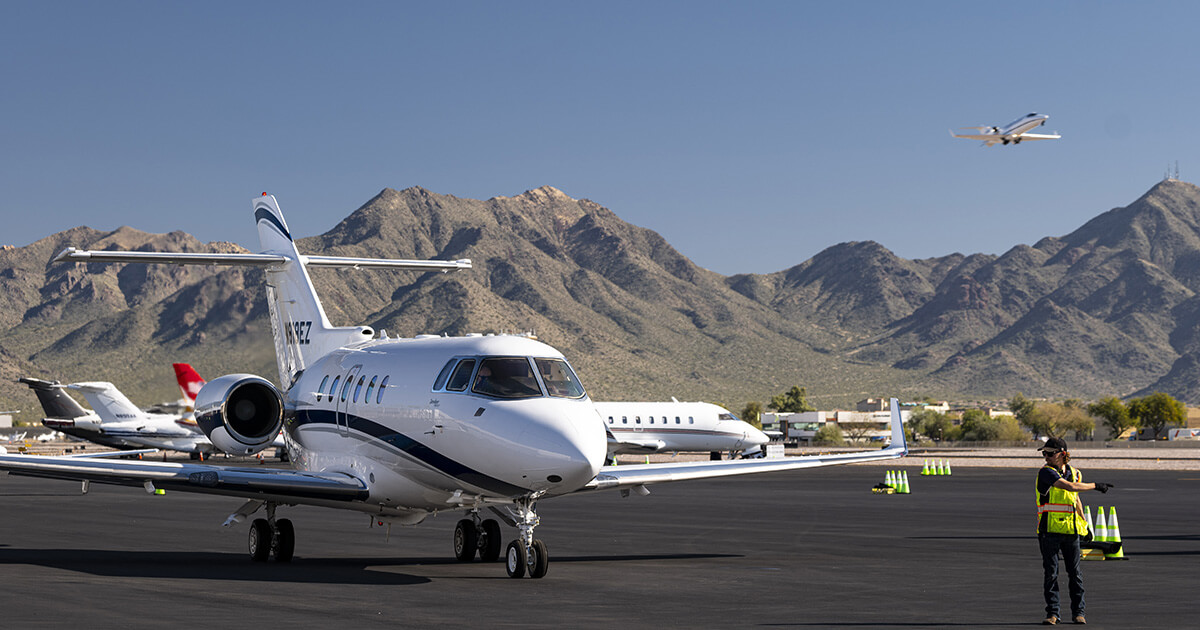
Dec. 1, 2022
As the clock ticks down on 2022 with a commensurate rush to close aircraft transactions and obtain new registrations before the end of the year, operators are encouraged to plan ahead in light of ongoing backlogs at the FAA Civil Aviation Registry.
A high number of transactions in 2022 has led to backlogs as long as a six-months in processing documents at the registry. The average time to expedite registrations that require a temporary certificate of aircraft registration (“fly wire”) to operate have doubled or even tripled.
That, along with the possibility of reduced operating hours at the registry over the holiday season, may be problematic for operators hoping to put their new aircraft into service by the end of 2022 for the purpose of meeting IRS requirements to claim 100% bonus depreciation before it drops to 80% in 2023.
“The IRS doesn’t care if the FAA is behind on its registrations,” said David Hernandez, shareholder and business aviation and regulation sub-practice chair at Vedder Price. “You also can’t blame the FAA for your tax problem if you claim the aircraft was put in service when it wasn’t flyable.”
Scott McCreary, aviation group leader for McAfee & Taft, noted those intending to import, export or operate the aircraft internationally may file to expedite processing of the fly wire. “That process previously took one or two business days, but we’ve seen timeframes closer to three business days – and occasionally as many as six – for the FAA to process documents due to the sheer volume of requests.”
In cases involving currently U.S.-registered aircraft operating within the United States, the parties may operate the aircraft within the U.S. for as long as 90 days on a copy of the aircraft registration application as their paperwork is being processed. The registry will also grant extensions for additional delays on their end, McCreary noted.
International operations, however, will require the fly wire. Pre-buy inspection squawks, paperwork delays and numerous other factors can also mean further delays, making it imperative that aircraft buyers and sellers approach the transaction with realistic expectations.
“This year really isn’t too different than last year on most of these issues,” said Greg Reigel with Shackelford, Bowen, McKinley & Norton, LLP. “Plan ahead and make sure you have everything you need so you’re not trying to push anything through last minute. Although it seems obvious, you shouldn’t wait until day of closing and go, ‘wait, we need this.'”
“Even an expedited fly wire isn’t instantaneous,” Hernandez added. “The FAA will likely receive hundreds of fly wire requests over the last two weeks of the year. Send yours in on Dec. 28 and the FAA may not be able to do it.”
NBAA remains in communication with the FAA regarding the backlog at the registry and the FAA’s plan to reduce the delays, including adding staffing and extending the registration validity period through rulemaking.


 International Business Aviation Council Ltd.
International Business Aviation Council Ltd.